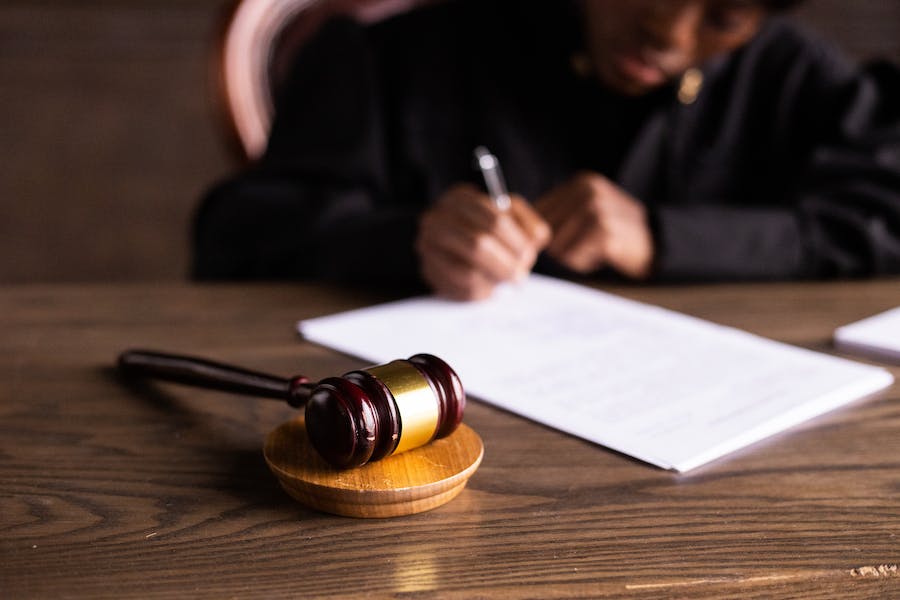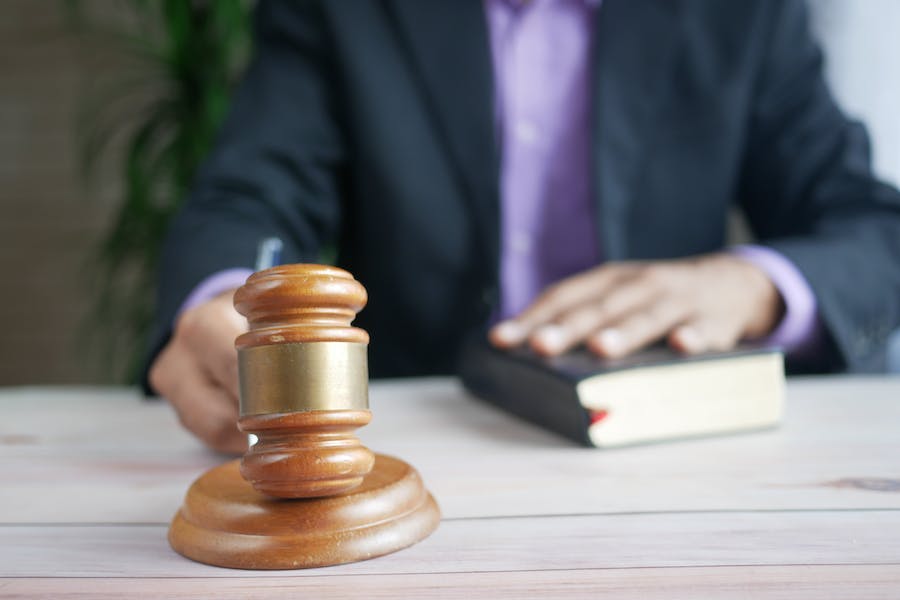Introduction
When you’re arrested for driving under the influence (DUI), it’s not uncommon for the prosecution to bring forth two distinct DUI charges against you –
- one related to the amount of drugs or alcohol in your system
- the other based on your level of impairment
You might wonder how it’s possible to face two charges for a single incident and what sets them apart.
The reason for filing two charges is not to convict or penalize a driver for both simultaneously. Per se and impairment, DUIs necessitate different forms of evidence.
Consequently, prosecutors often present both charges in DUI cases with the expectation that one or the other will hold up in court.
Furthermore, even if a driver is found guilty of both separate charges, typically, the court can only punish one of the convictions.
While all states maintain these two standard DUI charges, the specific definitions and regulations associated with these charges can differ by jurisdiction.
This article overviews the fundamental aspects of proving standard DUI charges, including the distinctions between per se and impairment DUIs.
Nevertheless, it’s crucial to understand that DUI laws and penalties are subject to variation from one state to another.
Elements Of DUI Charges
Driving Under the Influence (DUI) charges involve specific elements the prosecution must prove to secure a conviction.
The precise elements can vary slightly from one jurisdiction to another, but the following are generally the key components involved in a DUI charge:
- Operation or Control of a Vehicle
- Impairment or Intoxication
- Blood Alcohol Concentration (BAC)
- Probable Cause for the Stop
- Field Sobriety Tests
- Chemical Tests and Test Results
- Miranda Rights
- Admissibility of Evidence
- Expert Testimony
- Prior Convictions
The elements of a DUI charge typically include factors related to the defendant’s vehicle operation, their impairment or intoxication, the legality of the stop, the results of chemical tests, the admissibility of evidence, and, in some cases, expert testimony.
It’s important to note that the specific elements and their requirements can vary by jurisdiction, so it’s crucial to consult the relevant laws in your area when facing DUI charges. Get More Info, if you are interested to learn more.
What Does The Prosecutor Have To Prove In A Dui Case?
Driving under the influence (DUI) is a serious offense in many jurisdictions, and the prosecution bears the burden of proving the defendant’s guilt beyond a reasonable doubt.
To secure a conviction, the prosecutor must establish specific elements of the offense. This article delves into what the prosecution must prove in a DUI case.
Driving Or Operating A Vehicle
The first element the prosecutor must establish is that the defendant was driving or operating a motor vehicle while under the influence.
This means the prosecution must show that the defendant was in control of the vehicle, whether it was moving or stationary, and that they were impaired by alcohol or drugs at the time.
Impairment
To prove a DUI, the prosecutor must demonstrate that the defendant was impaired by alcohol or drugs. This can be established through various means, such as the defendant’s behavior, a field sobriety test, a blood alcohol content (BAC) test, or a drug test.
The legal limit for BAC varies by jurisdiction but is typically around 0.08%. If the defendant’s BAC exceeds this limit, it can be used as evidence of impairment.
Probable Cause For The Stop
The prosecution must also demonstrate that the police had a valid reason to stop the defendant’s vehicle in the first place. This is known as establishing probable cause for the stop.
Common reasons for a traffic stop that can lead to a DUI investigation include erratic driving, running red lights, speeding, or other violations of traffic laws.
Evidence Of Intoxication
The prosecutor must present evidence that the defendant was under the influence of alcohol or drugs. This evidence can include the officer’s observations, witness testimonies, and the results of field sobriety tests. If a breathalyzer or blood test was administered, the results can also serve as crucial evidence.
Miranda Rights
In some cases, it may be necessary for the prosecution to prove that the defendant was read their Miranda rights, especially if the defendant made any self-incriminating statements during the arrest or subsequent questioning. Please read Miranda rights to avoid excluding certain evidence in court.
Chain Of Custody For Test Results
If a BAC or drug test was administered, the prosecution must establish a proper chain of custody for the samples taken and ensure that the testing process was accurate and reliable. This is crucial to maintaining the integrity of the evidence.
Admissibility Of Evidence
To secure a conviction, the prosecutor must ensure that all the evidence they present in court is admissible. This means it was obtained legally and by the defendant’s constitutional rights. Any violations of the defendant’s rights, such as an illegal search and seizure, could lead to the exclusion of evidence.
Expert Witnesses
In some cases, the prosecution may rely on expert witnesses, such as toxicologists, to provide scientific testimony regarding the defendant’s level of impairment based on the test results. It’s the prosecutor’s responsibility to establish the qualifications and credibility of these experts.
Conclusion
The prosecutor is responsible for providing several critical elements beyond a reasonable doubt.
These include demonstrating that the defendant was driving or operating a vehicle while impaired by alcohol or drugs, establishing probable cause for the stop, presenting evidence of intoxication, and ensuring that all evidence is admissible in court.
A DUI case can be complex, and the outcome often hinges on the strength of the prosecutor’s case and the defense’s ability to challenge the evidence presented.
If you’re facing DUI charges, it’s essential to consult with a qualified attorney who can help protect your rights and provide you with the best possible defense.








